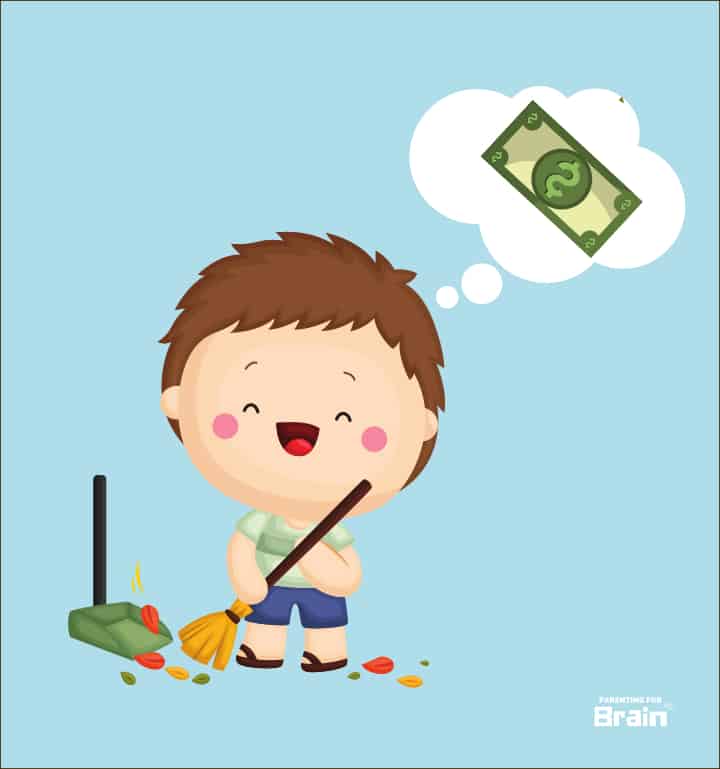There are two types of reinforcers (Positive and Negative). They can be a bit confusing at times. Let’s start with what reinforcement is. Reinforcement increases behavior. It does this by adding something you like or taking away something you don’t.
I would like to use a real-world example. When I was younger if I ate my vegetables during dinner my parents would reward me with dessert. This was great! It made me eat my vegetables a lot more knowing I would be rewarded with a nice piece of cake or ice cream. This is an example of Positive Reinforcement. Positive reinforcement involves rewarding or praising a behavior to increase the likelihood of it being repeated. Pretty simple. Now here’s where it can get tricky. Let’s talk about Negative Reinforcement.
 positive reinforcement ^
positive reinforcement ^
So, Negative Reinforcement. Let’s make this very clear. Don’t let the word negative fool you… we are still increasing behavior. How this differs from its counterpart is that we are increasing behavior by taking something away. I remember when I was a young fella, around maybe 8 years of age, I was doing very well in my classes. My teacher decided to give me a homework pass to reward me. Looking at the bigger picture here the homework pass removed my work for the night. This motivated me to keep doing well in hopes this would happen again. You may ask, isn’t this positive reinforcement? She gave you something. Not exactly, what she gave me took something away.
When you think about it reinforcement is so important to our world. Why do you go to work? To earn money I’m guessing. Positive reinforcement. Think about how different the world would be if this didn’t exist. It’s so strange. How would that even work? Why would anybody ever do anything? I hope that you all learned something from this. I learned quite a bit myself throughout the creation of this post!
The post covers both positive reinforcement and negative reinforcement well. Your childhood experience with dessert as a reward for eating vegetables defines positive reinforcement. It’s fascinating how such a simple reward system can significantly impact behavior. On the other hand, the teacher giving you a homework pass by removing the evening’s work is a fantastic example. It’s clear how this act encouraged and motivated you to continue excelling in your studies.